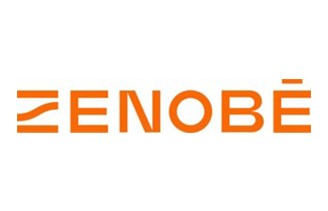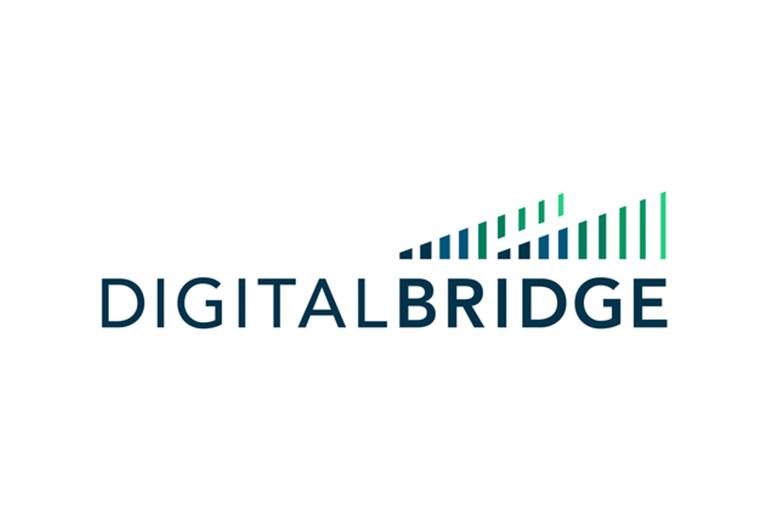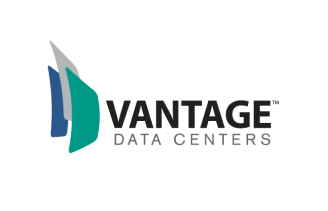
Portfolio
A global, diversified portfolio of high quality infrastructure assets
Pantheon Infrastructure Plc provides exposure to a global, diversified portfolio of high-quality, infrastructure assets through direct co-investments in assets with strong defensive characteristics and sustainability credentials, with a focus on sectors benefitting from long-term growth drivers, including digital infrastructure, power and utilities, transportation and logistics, renewables and energy efficiency, and social infrastructure.
As of 31 January 2023, the Company had made commitments to a portfolio of 11 infrastructure assets across both North America and Europe and covering a number of target subsectors. Click on the tiles below to read more about each of the assets in the portfolio – or click here to read full details on the current portfolio breakdown in the latest results and accounts.
Filter companies
Region
Sectors
Announcement date

Announced
August 2023
Committed
£35m
Region
Europe
Sector
Renewables & Energy Efficiency
Sponsor
Infracapital
Description and investment rationale
Zenobe is a battery storage and electric vehicle fleet specialist, providing essential infrastructure that contributes to international power and transport sector decarbonisation targets. In addition to providing electrification solutions for vehicle fleet owners, its batteries help balance the supply of renewable energy on the grid. At the end of their lifecycle Zenobe repurposes the batteries for further use, thus contributing to the building of a circular economy. Since the company was founded in 2017, it has delivered 435MW of grid-connected battery capacity, and has provided bus operators with c.1,000 electric vehicles under a leasing structure.
Close
Announced
June 2023
Committed
£20m
Region
Europe
Sector
Digital Infrastructure
Sponsor
EQT AB Group
Description and investment rationale
GlobalConnect is a digital infrastructure company with the most extensive fibre network across the Nordics. The Company serves B2C and B2B customers across three complementary business segments: Fibre-To-The-Home, Fibre-To-The-Business (“FTTB”) and Hyperscalers (large cloud providers), operators (including Mobile Network Operators) and data centres. GlobalConnect has a large and diverse network across the Nordics and Germany consisting of c.149,000km of fibre cables, c.1,040,000 homes passed, c.34,500 sqm data centre estate and over 30,000 FTTB customers.
Close
Announced
January 2023
Committed
£43m
Region
Europe
Sector
Digital Infrastructure
Sponsor
DigitalBridge
Description and investment rationale
GD Towers is one of the largest independent tower and telecommunications infrastructure operators in Western Europe with a portfolio of c.40,000 sites (at the time of announcement) across Germany and Austria, that provide the infrastructure for mobile network operators to offer telecoms services to end-customers.
Close
Announced
November 2022
Committed
£46m
Region
Ireland
Sector
Digital Infrastructure
Sponsor
Asterion Industrial Partners
Description and investment rationale
NBI is a Fibre-to-the-Premises network developer and operator working with the Irish government to support the rollout of the National Broadband Plan. This programme seeks to connect every premises in the country to high-speed broadband by 2027 and is the biggest investment in rural Ireland since electrification.
Close
Announced
August 2022
Committed
£40m
Region
Europe
Sector
Renewables & Energy Efficiency
Sponsor
DIF
Description and investment rationale
Fudura is a Dutch market leading business-to-business owner and provider of medium-voltage electricity infrastructure, with a focus on transformers, metering devices and related data services. Fudura is active in offering services to companies seeking solutions for energy efficiency, security of energy supply and CO2 neutrality. Fudura currently has approximately 22,000 business customers, being a combination of larger companies, public institutions such as hospitals, and small-medium sized enterprises.
Close
Announced
June 2022
Committed
£29m
Region
North America
Sector
Digital Infrastructure
Sponsor
DigitalBridge
Description and investment rationale
Vantage is one of the leading providers of wholesale data centre infrastructure to large enterprises and hyperscale cloud providers. The company’s North American business has data centre campuses in Santa Clara, Quincy, Ashburn, Phoenix, Montreal and Quebec City, with a focus on the hyperscale business segment that offers a resilient commercial profile given long contract durations, limited historical customer churn, and customers with investment grade credit quality.
Close
Announced
June 2022
Committed
£47m
Region
North America
Sector
Power and Utilities
Sponsor
ECP
Description and investment rationale
Calpine is one of the largest generators of electricity from natural gas and geothermal resources in the US, with operations across CAISO (California), ERCOT (Texas), and PJM (13 states and the District of Columbia) power markets and current power generation capacity of 26 GW. This sector is benefitting from strong secular tailwinds, fuelled by a growing demand for electricity and sustainable sources of energy production.
Calpine has a strong renewables development pipeline of solar and battery projects, financeable through the cash flows generated by existing assets. The company is also a vital supplier to the US electricity grid, providing reliable power generation capacity and playing an important role in the energy transition as the US targets Net Zero by 2050.
Close
Announced
May 2022
Committed
£37m
Region
North America
Sector
Power and Utilities
Sponsor
Vauban Infrastructure Partners
Description and investment rationale
Cartier comprises eight district energy systems located across the Northeast, Mid-Atlantic, and Midwest of the US – Detroit Thermal Energy in Michigan; Montclair State University in New Jersey; Hartford Steam and Fuel Cell, Midtown Thermal in Atlantic City, New Jersey; Wilmington District Energy and Dover Energy in Delaware; and Industrial District Energy Assets in New Jersey and Massachusetts. It provides diversified energy services such as heat (steam, hot water), cooling (chilled water) and electricity to around 190 buildings across the higher education, healthcare, commercial, manufacturing, hospitality, government, and retail sectors.
These energy services offer a reliable, sustainable and cost-efficient solution to customers located in communities with high delivered-energy prices. District energy systems are also sustainable, resilient and energy efficient, and can be more environmentally friendly compared to conventional on-site energy systems due to the aggregation of diverse load profiles and economies of scale.
Close
Announced
April 2022
Committed
£23m
Region
North America
Sector
Digital Infrastructure
Sponsor
DigitalBridge
Description and investment rationale
Vertical Bridge is the largest private owner and operator of tower and wireless communication infrastructure in the US, with a portfolio of more than 8,000 towers and 300,000 total sites. Its portfolio, which spreads across all 50 states and in Puerto Rico, includes towers, rooftops, billboards, utility attachments and other locations that support wireless network connectivity. The company is certified as carbon neutral, becoming in 2020 the world’s first tower company to achieve net-zero emissions.
Close- 1
- 2
